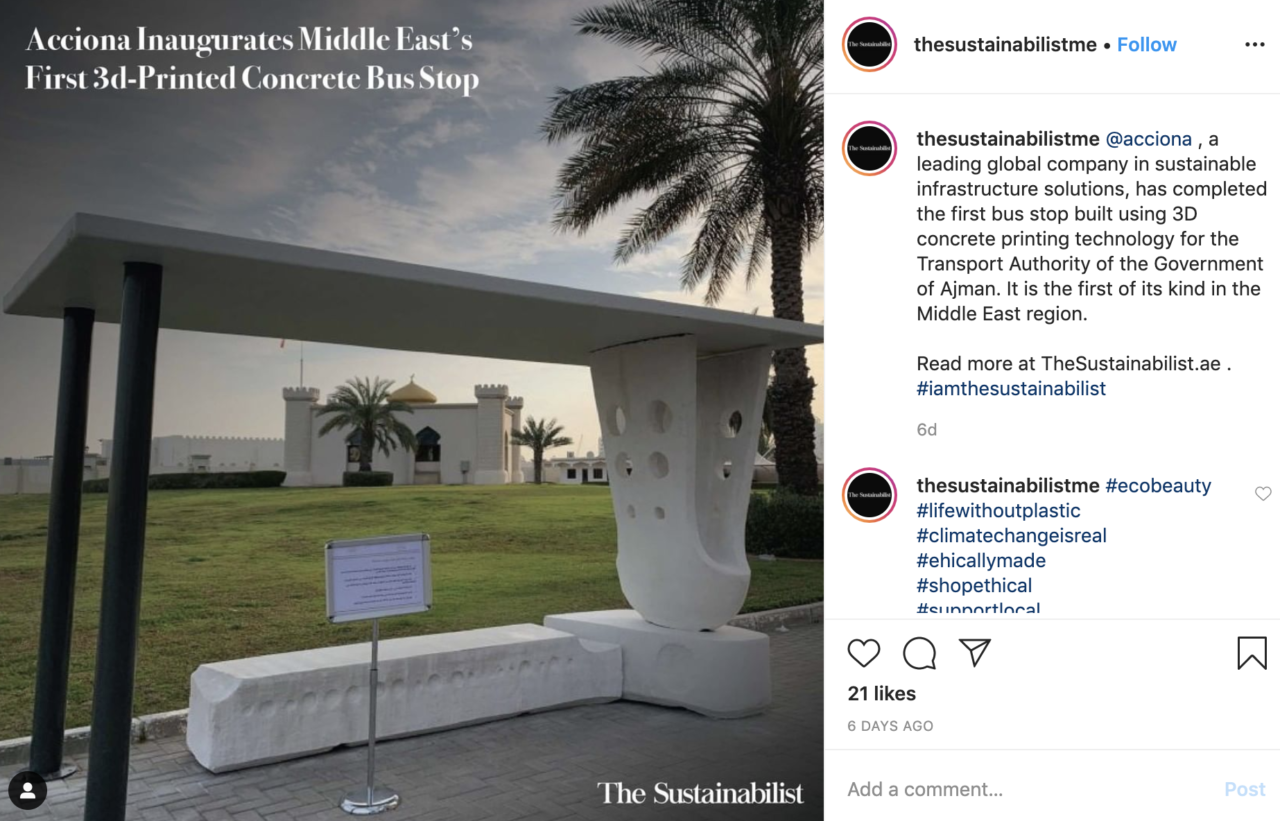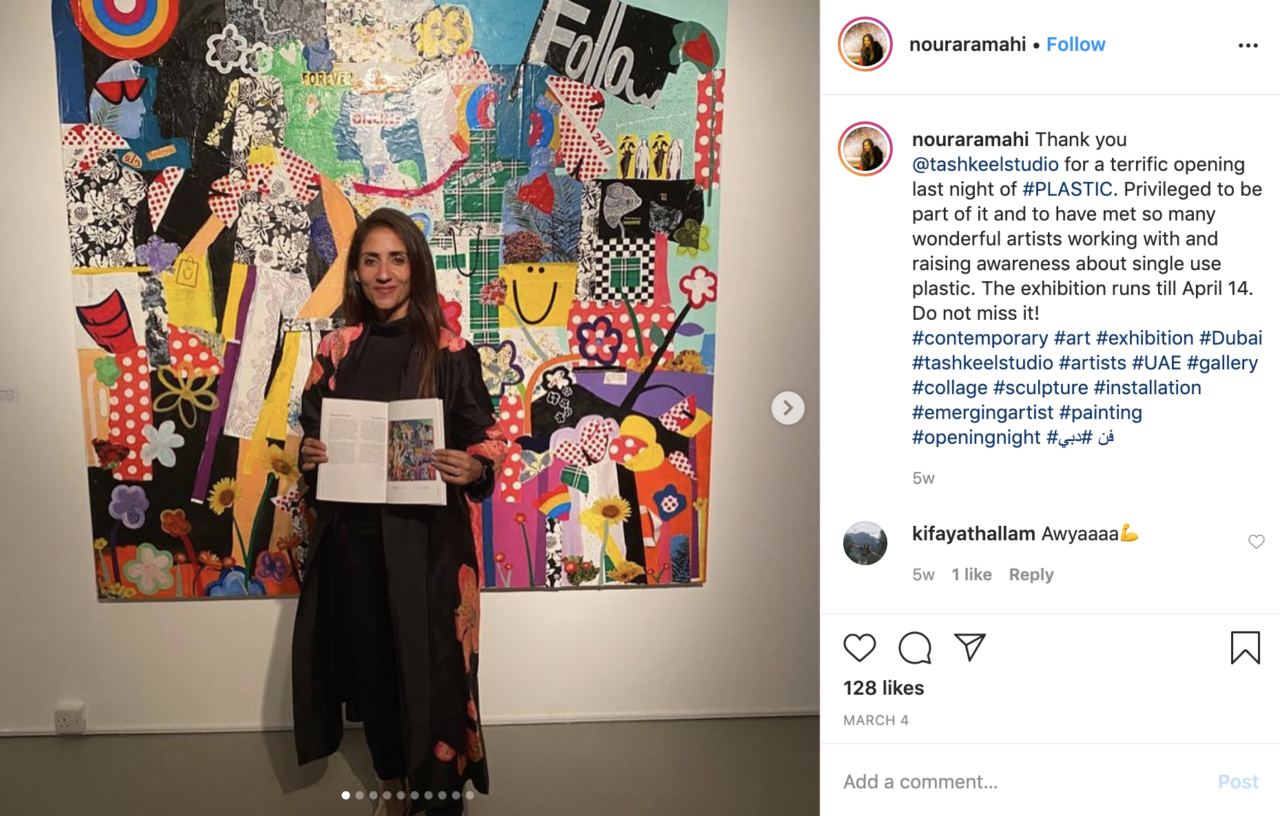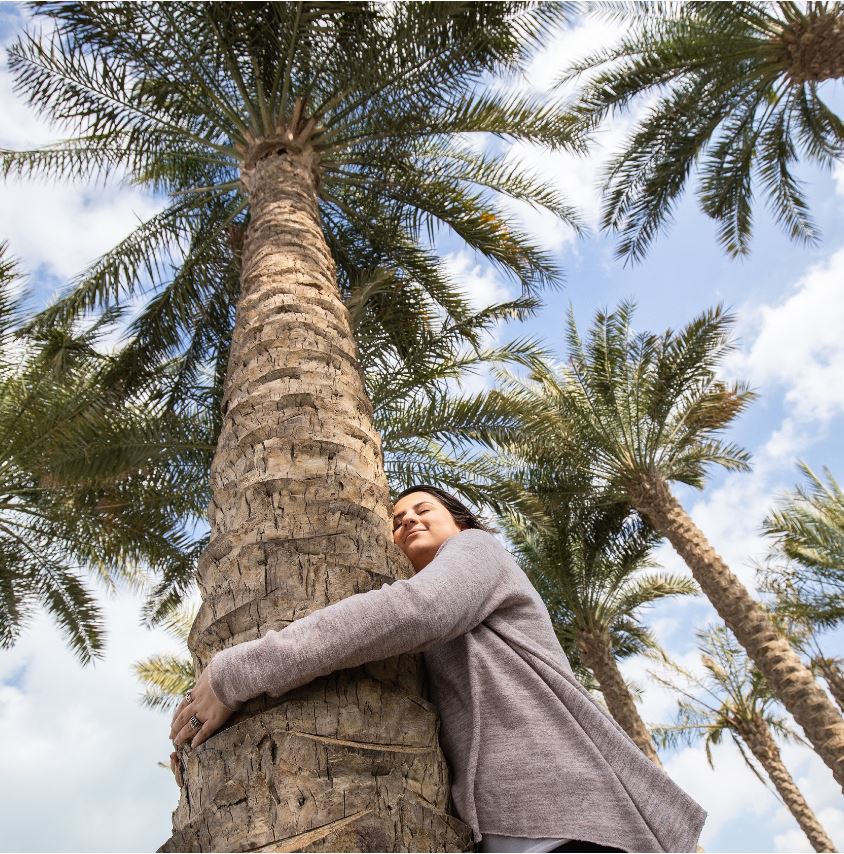
This story is a part of Covering Climate Now’s week of coverage focused on Climate Solutions, to mark the 50th anniversary of Earth Day. Covering Climate Now is a global journalism collaboration committed to strengthening coverage of the climate story.
It’s a question activists are asking around the world: how do you keep people talking about a topic as overwhelming and seemingly insurmountable as climate change?
“Apocalypse fatigue is when the public becomes tired of and does not engage with doomsday or catastrophic stories about climate change, which is about 80 percent of what the media does,” explains Bobby Banerjee, professor at Cass Business School in Dubai and London. “Fear or guilt are generally passive emotions and after a while the doomsday threat makes people avoid the topic rather than engage with it.”
So what can the media do? Last summer The Guardian revealed a new style guide in an attempt to better portray the severity of the issue, with many global titles following suit. Although the original terms weren’t banned, ‘climate change’ became ‘climate emergency, crisis or breakdown’ and ‘global heating’ is now favored over ‘global warming.’
Could a change in vocabulary be the answer – and can the Arab world help? Academics Matthew Schneider-Mayerson and Brent Ryan Bellamy think so. Their An Ecotopian Lexicon is a collection of small essays looking at fresh words borrowed from non-English languages to describe the climate crisis, in a hope to make the topic more engaging. The book studies the Arabic word ghurba, which translates as ‘a longing for home’ and suggests that shaping the conversation around the sadness of losing our homelands could provide a fresh focus. But do we need to push the inevitably somber outcome of the climate crisis even harder?

Professor Banerjee thinks the opposite.
“Replace guilt and fear with a collective resolve to make the world a better and cleaner place,” he suggests. “A positive story would focus on clean energy, new jobs and investments in clean technology, smarter transportation systems.”
That need for a positive approach was echoed by experts across the region.
“It could potentially be more efficient to raise ambition by sharing the prospects of recovery and new adaptation measures rather than the negative implications of climate change,” explains Fahed Al Hammadi, acting assistant undersecretary for the Green Development and Climate Change Sector at the Ministry of Climate Change and Environment (MOCCAE). “Among all else, fear-mongering may cause the public to experience denial and evoke skepticism toward the science of climate change. Educational efforts may alleviate the concerns, but ultimately, a new, opportunistic approach is likely to yield better results than doomsday messaging.”
And it’s this approach that the UAE is adopting.
“The MOCCAE tries to focus on the opportunities that climate action presents – opportunities for innovation, development, and prosperity that we otherwise may not have been motivated to explore,” says Al Hammadi. “Our main goal is to raise awareness about climate change and motivate people to do something about it, not to scare them.”
The Dubai-based publication The Sustainabilist follows the same lines of thinking. “It is human nature to focus on crisis and catastrophes. Sensationalism sells,” explains Ivano Iannelli, chief executive of Dubai Carbon, which owns the title. “We need to tell stories that people can relate to and tangibly offer the end user the possibility to do more with minimal disruption to their daily lives. It’s not all doom and gloom; we need to discuss more solutions and the conversation naturally becomes more positive.”
And what about language?
“Dubai Carbon run several behavioural science projects related to what can affect end user consumption patterns in water, electricity, waste and transportation,” says Iannelli. “The only messaging that worked was comparability within the social groups, as in ‘your neighbor is doing this, you should too’.”
Al Hammadi agrees that social status could play a part in encouraging people to take action.
“We wish to see the day when an environmentally conscious lifestyle becomes a matter of prestige, such as a nice car or the latest mobile phone,” he says.
Outside of the media, the Arab world is looking at new ways to educate. The new Dubai-based app FoodKarma connects conscious consumers with eateries selling surplus food at discounted prices, while sharing messages on sustainability. Acciona, a global firm that provides sustainable infrastructure solutions, made the first bus stop created using 3D concrete printing technology for the Transport Authority of the Government of Ajman – a first for the Middle East. And at the climate change ministry, smart tech, gamification and social media are all tools being used to engage young and adult audiences alike.
“We succeeded in capturing people’s attention with We Won’t Let Them Go, a futuristic initiative that used smart interactive maps to review the timeline of the geographical distribution of endangered species,” says Al Hammadi.
The virtual tours showcase what the habitats of endangered species could be reduced to in 50 years’ time.
MOCCAE is also keen to leverage social media to advance climate action. Last year the heavily-engaged MENA region logged 307,000 conversations about climate change on Twitter and 490,500 engagements.
Much of that chatter was driven by young people, who in 2019 accounted for 70 percent of the UAE’s delegation to the 25th UN Climate Change Conference in Madrid, Spain. The Emirates also involves young people in environmental policy through its Youth Council, while the MOCCAE promotes the inclusion of environmental topics and has launched environmental competitions in schools.
“There is a need now more than ever to educate youth about the possibilities of a drastically changing climate,” says Abdallah Emad Abdelsattar Afify, a member of the International Youth Climate Movement. But again, he thinks the message needs to be one of positivity and action rather than all-out fear.
“I’m certainly not arguing over whether or not the facts have a place in climate discussions and I’m not suggesting we sugar-coat the harsh realities of climate change,” he says. “What I am suggesting is that we do more than just teaching youth to be scared.”
What does he suggest? Teaching about sources of renewable energy over the evils of fossil fuels, for one.
“Don’t just tell your students that eating meat is bad, give them alternatives to industrial agriculture,” he suggests. “We spend far too much time talking about climate change impacts and not nearly enough talking about climate change solutions.”
Abdelsattar Afify, who is based in Egypt and was the first Arabic TEDx speaker to address climate change, also believes it’s time to think bigger.
“We can use creative, interactive and well-presented ideas, such as infographics run by National Geographic, or some aircraft companies including your carbon footprint in the ticket receipt.”

And creativity is exactly what the Arab art world is embracing. Events like the March 2020 Plastic group exhibition at Tashkeel in Dubai showcased the works of more than 30 UAE-based artists, each giving a unique take on the problem of plastic pollution.
“It’s a serious message but I’m trying to approach it with a bit of fun,’ says artist Noura Ali Ramahi.
Her large abstract collage of plastic bags featured her own versions of popular warnings, including “please keep this bag away from babies and children (and fishes and trees and oceans and seas and birds and bees).”
“What’s been done already in terms of climate change messaging is fine, but we need to do something that everyone can relate to,” explains Ramahi. “Maybe my bit of humour and sarcasm could get the message across? Maybe showing I can do something positive with the problem of plastic could help?”
Positivity was also a core element of the month-long Singing Trees installation which opened at Louvre Abu Dhabi in February. The museum partnered with Paris’s Theatre du Chatelet to commission the installation from the London design and technology studio Umbrellium. The more visitors interact with the ‘singing’ trees, touching and even hugging them, the more they resonate. A team of eager Emirati volunteers from local universities were on hand to encourage and explain the interactions, enhancing the experience.
As Alia Al Shamsi, acting cultural programming manager at Louvre Abu Dhabi, put it, “We decided to present this project because it is a mix of technology, art and environmental awareness.”
So is the positive approach having an impact? According to a YouGov study of 30,000 people in 28 countries late last year, 58 percent of people in the UAE think human activity is the main factor contributing to climate change. That compares with 38 percent in the US, 36 percent in Sweden and 35 percent in Norway. The study also revealed that people in Middle Eastern countries expect climate change to have a much larger impact on their lives than on those in the West.
Positivity has spoken and just maybe, the Arab world is listening.






